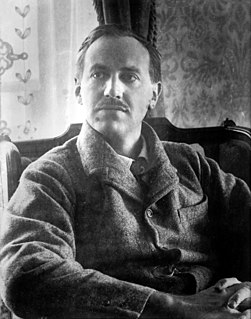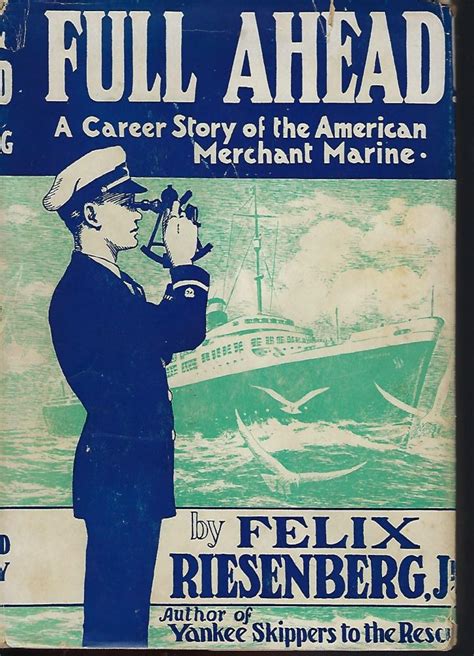A Quote by Lord Dunsany
Yet in the blood of man there is a tide, an old sea-current, rather, that is somehow akin to the twilight, which brings him rumours of beauty from however far away, as drift-wood is found at sea from islands not yet discovered; and this spring-tide or current that visits the blood of man comes from the fabulous quarter of his lineage, from the legendary, of old; it takes him out to the woodlands, out to the hills; he listens to ancient song.
Related Quotes
For West is where we all plan to go some day. It is where you go when the land gives out and the old-field pines encroach. It is where you go when you get the letter saying: Flee, all is discovered. It is where you go when you look down at the blade in your hand and the blood on it. It is where you go when you are told that you are a bubble on the tide of empire. It is where you go when you hear that thar's gold in them-thar hills. It is where you go to grow up with the country. It is where you go to spend your old age. Or it is just where you go.
The old men of the village of Mahotière say that the Mistress of the Water is a mulatto woman. At midnight she comes out of the spring and sings while combing her dripping long hair, which makes a sound sweeter than a violin. It is a song of perdition for whomever hears it. There is no sign of the Cross, no "Our Father" to save him. Her curse takes him like a fish in a net and the Mistress of the Water awaits him on the edge of the spring and smiles upon him and tells him to follow her to the depths, from which he will never return.
However baby man may brag of his science and skill, and however much, in a flattering future, that science and skill may augment; yet for ever and for ever, to the crack of doom, the sea will insult and murder him, and pulverize the stateliest, stiffest frigate he can make; nevertheless, by the continual repetition of these very impressions, man has lost that sense of the full awfulness of the sea which aboriginally belongs to it.
Man is the only animal that deals in that atrocity of atrocities War. He is the only one that gathers his brethren about him and goes forth in cold blood and calm pulse to exterminate his kind. He is the only animal that for sordid wages will march out... and help to slaughter strangers of his own species who have done him no harm and with whom he has no quarrel.... And in the intervals between campaigns he washes the blood off his hands and works for the universal brotherhood of man with his mouth.
Moon and Sea You are the moon, dear love, and I the sea: The tide of hope swells high within my breast, And hides the rough dark rocks of life's unrest When your fond eyes smile near in perigee. But when that loving face is turned from me, Low falls the tide, and the grim rocks appear, And earth's dim coast-line seems a thing to fear. You are the moon, dear one, and I the sea.
What we suffer from today is humility in the wrong place...The old humility was a spur that prevented a man from stopping; not a nail in his boot that prevented him from going on. For the old humility made a man doubtful about his efforts, which made him work harder. But the new humility makes a man doubtful about his aims, which will make him stop working altogether.
A mother and daughter are an edge.
Edges are ecotones, transitional zones,
places of danger or opportunity.
House-dwelling tension.
When I stand on the edge of the land and sea,
I feel this tension, this fluid line of transition.
High tide. Low tide.
It is the sea's reach and retreat
that reminds me
we have been human
for only a very short time.
And in vain does the dreamer rummage about in his old dreams, raking them over as though they were a heap of cinders, looking into these cinders for some spark, however tiny, to fan it into a flame so as to warm his chilled blood by it and revive in it all that he held so dear before, all that touched his heart, that made his blood course through his veins, that drew tears from his eyes, and that so splendidly deceived him!




































